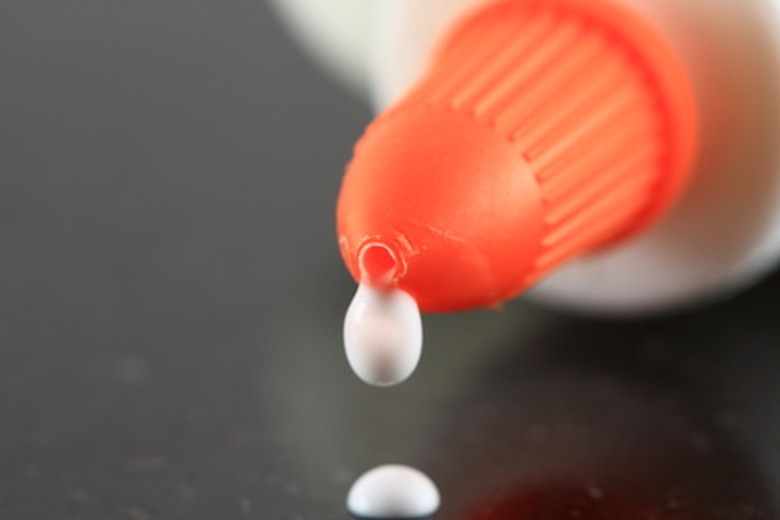How Do I Compare Gorilla Glue & Liquid Nails?
Tip
Either Gorilla Glue or Liquid Nails can be found in most hardware or home-supply stores.
Warning
Be sure to choose the correct product by for your specific project. Picking the wrong adhesive may require re-doing the project later.
With a vast array of adhesive products on the market for use in everything from home repairs to crafts, it is often difficult to know which is the best choice for your needs. This is especially true in the area of "super glues" that market superior strength, rapid bonding and endurance. Comparing two competing products can be difficult without actually trying them both, but taking the time to research the special needs of your project and matching them to an adhesive can ensure you make the right choice the first time.
Step 1
These two products work very differently from one another. Gorilla Glue is a polyurethane glue, activated by moisture, that foams and expands. To use Gorilla Glue to join two surfaces, one surface must be dampened with water before applying the adhesive to the other and the two surfaces must be held tightly together for at least two hours. Liquid Nails, on the other hand, is considered a common household adhesive that is water resistant. The two surfaces to be joined must be clean and dry, and held together for approximately 15 minutes.
Step 2
Determine which product is best for the type of project and materials you wish to use it on. According to their website, the original Gorilla Glue is best for "bonding dissimilar surfaces"–such as tile to wood, or plastic to ceramic. Liquid Nails advertises itself as a "construction adhesive," for building and home repair jobs. Depending on the project at hand, you will likely need to choose one or the other.
Step 3
Explore the varieties of adhesive in both the Gorilla Glue and Liquid Nails lines. In addition to the original formula, Gorilla Glue has a wood glue, super glue (which the manufacturer claims dries in under a minute) and an epoxy adhesive that "bonds steel, wood, aluminum, ceramic and more." According to the manufacturer, it also provides resistance to high impacts after the glue dries. Liquid Nails has adhesives for sub-flooring, polyurethane, paneling, tub surrounds, and heavy-duty construction jobs in addition to its original "construction projects" formula.
